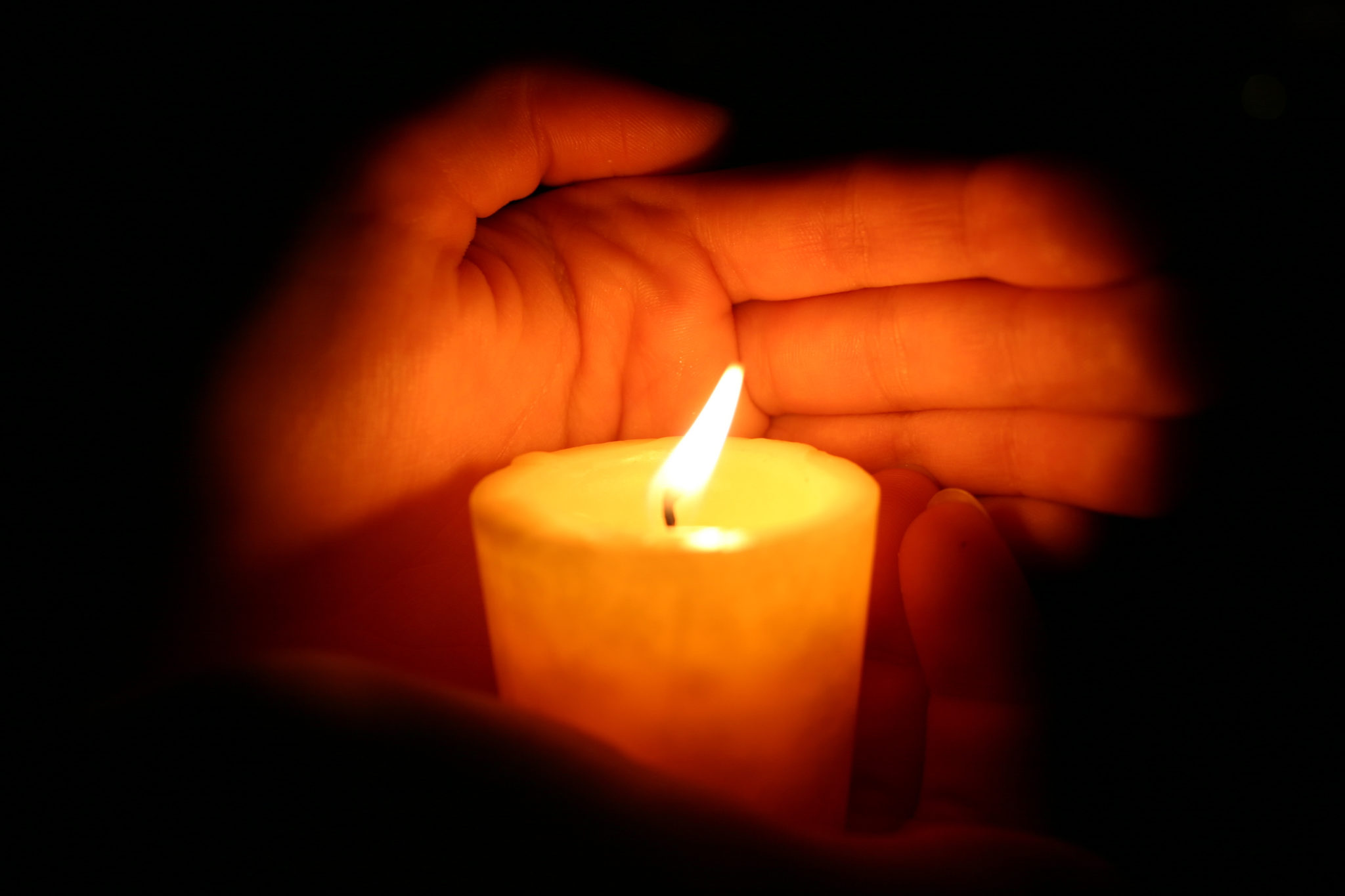A common cause for the ailments of the feet is poor circulation. The foot is the part of the body furthest from the heart; thus, the feet are often the first to suffer from inadequate blood supply due to circulatory problems, especially in its smaller veins and capillaries.
This physical phenomenon also has its counterpart in the spiritual life of man, which depends on the lifeblood of the soul—the Torah and its mitzvot—for its vitality and health.
The Torah section of Eikev (Deuteronomy 7:12-11:25), opens with the words, “And it shall come to pass, because you heed these laws and keep them and observe them…” The word eikev (“because”), which gives the section its name, is an uncommon term in the Hebrew language,[1]prompting a number of homiletic interpretations by our sages. One of these makes the correlation of eikev and akeiv (“heel”)—the two words have the identical Hebrew spelling—explaining that the verse is alluding to “those mitzvot which a person tramples under his heels.”[2]
Often we tend to distinguish between “important” mitzvot and “lesser” mitzvot. The same person who is outraged by an act of thievery or adultery, who wouldn’t think of eating pork or violating Shabbat, might casually transgress the prohibition against lashon hara (speaking ill of another). But a mitzvah is a divine commandment, an expression of the will of G-d; the human mind can hardly appraise a mitzvah’s true impact on his own life, much less its quintessential worth. So the ultimate test of a person’s commitment to G-d is to be found in those mitzvot which “people trample under their heels.” Is his observance of the mitzvot contingent upon his subjective appreciation of their social and spiritual utility, in which case he will inevitably discriminate between “greater” and “lesser” mitzvot, or has he indeed subjugated himself to the divine will, in which case he fulfills every divine command with equal joy and veneration?
When a soul’s heart—its commitment and bond to its Creator—is hale and fit, the distant heel also receives an adequate “blood supply,” and glows with the warmth and vivacity that are the hallmarks of spiritual life.
Based on a letter by the Rebbe dated Sivan 19, 5717 (June 18, 1957)[3]
Adapted from the teachings of the Rebbe by Yanki Tauber
[1]. Eikev, in the sense of “because,” appears only thirteen times in the Bible (it appears twice more in the sense of “completely”). In contrast, kiand ka’asher, the other Hebrew terms for “because,” each appear hundreds of times.
[2]. Rashi on verse; see Talmud, Avodah Zarah 18a.
[3]. Igrot Kodesh, vol XV, p. 213







